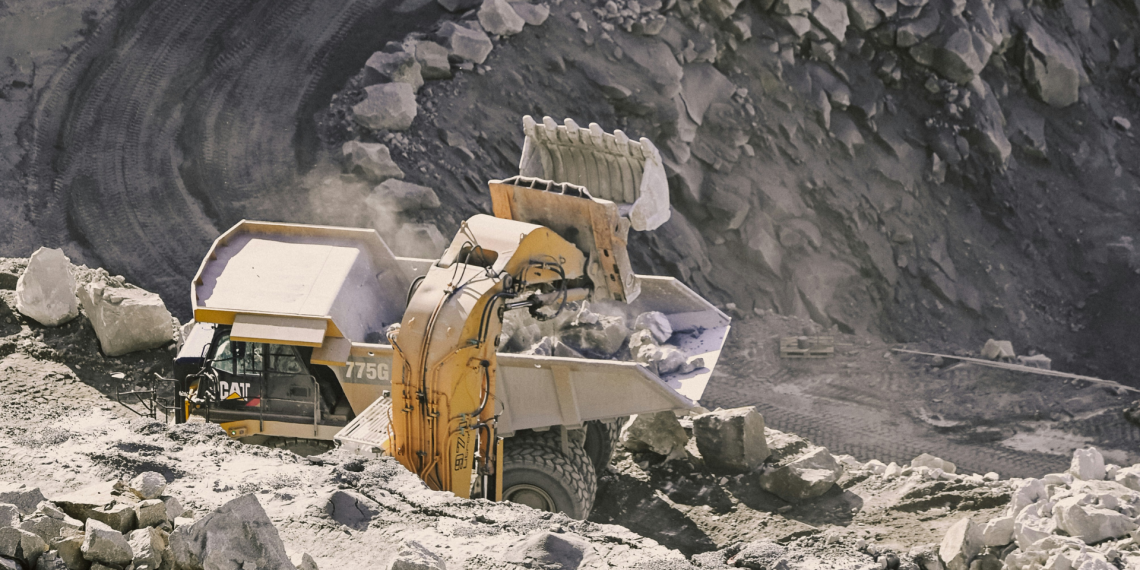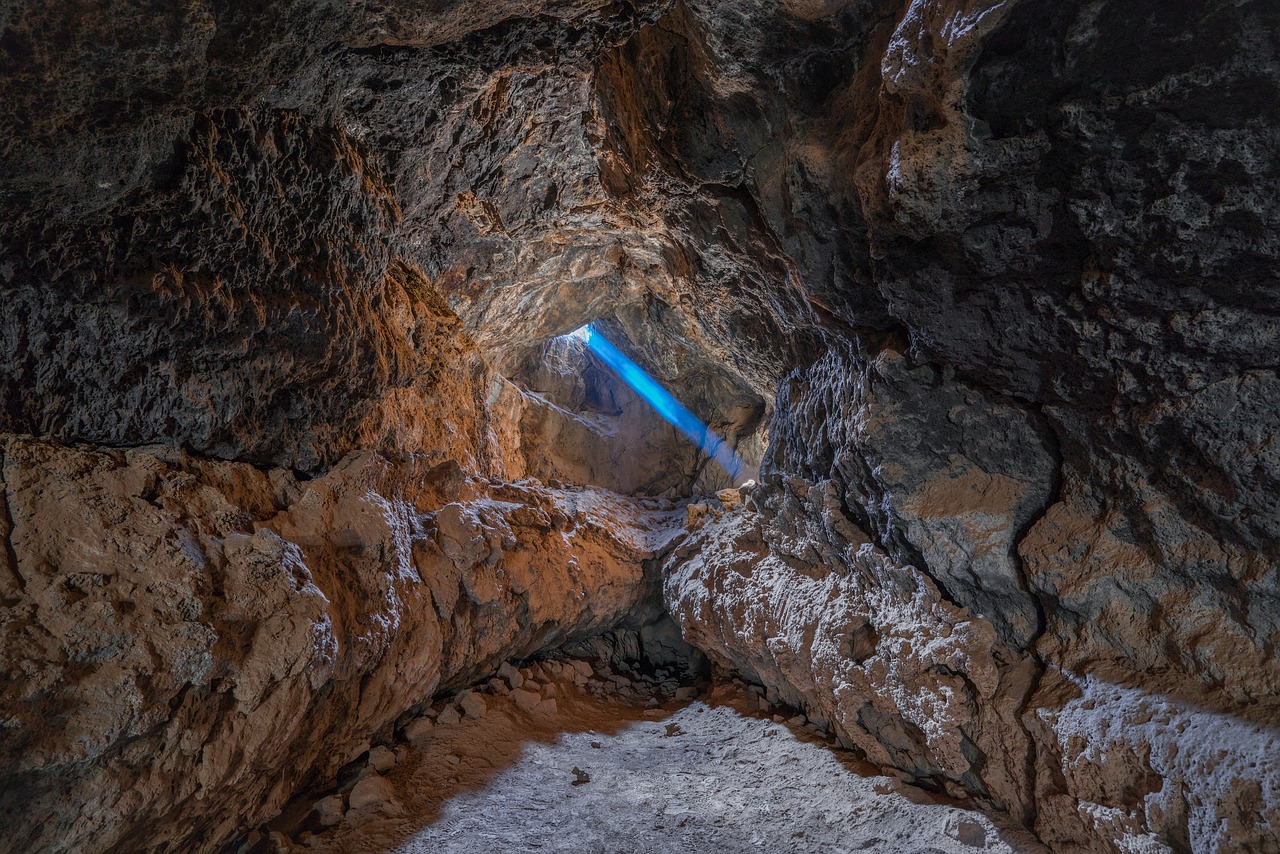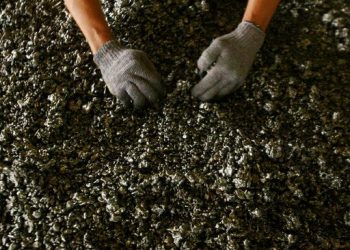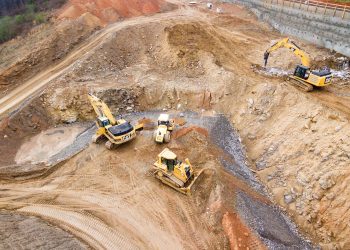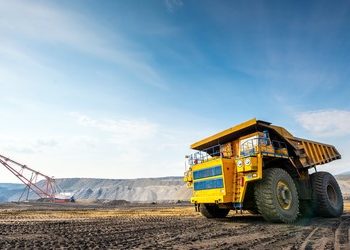To tackle the reported adverse effects of mining and quarrying in the Philippines, Senator Risa Hontiveros is pushing for an inquiry into the environmental and social ramifications of these practices.
In a report by the Philippine Star, Hontiveros expressed concern over the distressing consequences of mining and quarrying activities, emphasizing the loss of livelihoods and lives among fellow countrymen.
This follows the filing of Senate Resolution 989.
The resolution highlights incidents such as the fatal landslide in a gold-mining village in Davao del Sur and the heightened flooding risk and water quality issues on biodiversity-rich Sibuyan Island in Romblon.
Moreover, attention is drawn to the utilization of mined and dredged materials in supporting reclamation projects along Manila Bay and Chinese island-building endeavors in the West Philippine Sea.
Hontiveros stressed the urgency of an investigation in light of incidents such as the detention of vessels manned by workers from China involved in dredging activities off Zambales and the alleged presence of Chinese dredging vessels in Maguindanao del Norte.
The resolution underscores concerns regarding the mining industry’s limited contribution to economic development over the past two decades, juxtaposed with the adverse impacts on host communities, including indigenous cultural groups.
While the government seeks to boost the mining sector to attract investments and strengthen economic recovery post-COVID-19, it has lifted restrictive mining policies, including the ban on open-pit mining, and intensified support for exploration activities to identify areas rich in critical minerals.
Jaybee Garganera, the National Coordinator of Alyansa Tigil Mina, praised the proposal as a positive step forward, expressing hope that it could lead to changes in mining and quarrying laws and policies. He also suggested that stakeholders should engage in dialogue with affected communities, the Department of Environment and Natural Resources (DENR), and the Department of Interior and Local Government (DILG) to address concerns and evaluate negative effects.



